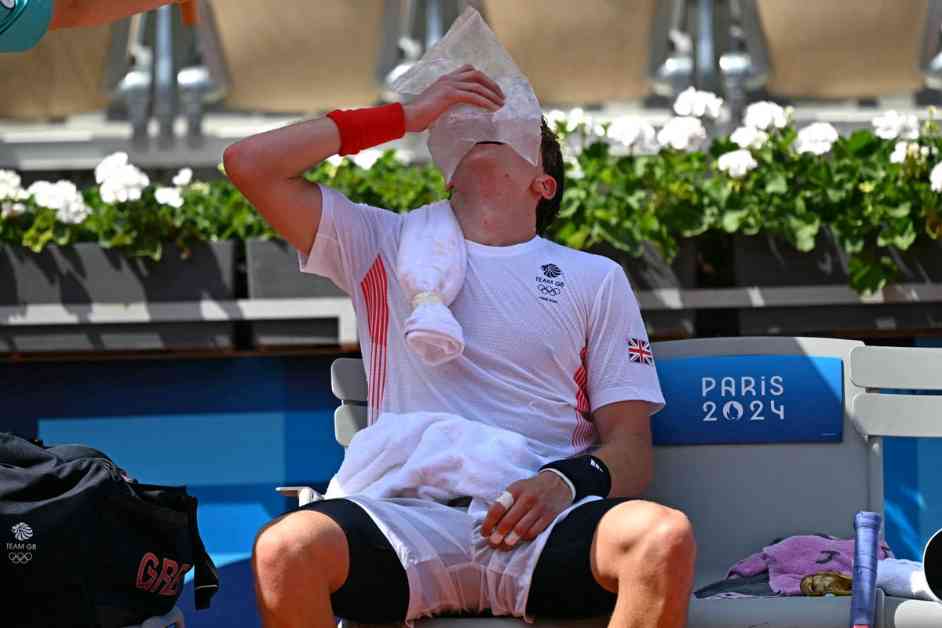With temperatures rising in Paris, the issue of heat stress for athletes has become a major concern. Three years ago, at the Tokyo Olympics, a race walker collapsed due to extreme heat, prompting the development of innovative solutions to protect athletes from heat-related illnesses.
During the Tokyo games, an athlete’s body temperature soared to nearly 108 degrees Fahrenheit, which could have been fatal. However, thanks to a new approach involving a “Heat Deck,” the athlete was immersed in ice water until their body temperature dropped to a safer level, avoiding the need for hospitalization.
This novel method, developed with the help of experts like Yuri Hosokawa, a professor of sport sciences, has now become a standard practice at major sporting events. The use of heat decks has proven to be crucial in preventing heat-related illnesses among athletes, especially as temperatures continue to rise globally.
Despite their peak physical condition, athletes are at a higher risk of heat-related issues due to the strenuous nature of their activities. The combination of ambient temperatures, physical exertion, and specialized sports gear can lead to heat stroke, making it essential to have effective strategies in place to address these concerns.
The International Olympic Committee has recognized the importance of protecting athletes from heat stress and has implemented measures to safeguard their well-being. The development of a comprehensive heat policy and the introduction of innovative solutions like heat decks have been instrumental in ensuring the safety of athletes during competitions.
As the Paris Games are underway, athletes are once again facing high temperatures, with recent heat waves posing a significant challenge. French officials have taken steps to mitigate the impact of heat on athletes, providing guidelines on acclimatization and hydration to optimize performance and reduce the risk of heat-related illnesses.
While these efforts are commendable, some athletes are calling for more substantial actions to address the growing threat of climate change. The British Association for Sustainable Sport has urged organizers to reconsider scheduling games during cooler times of the day and to support athletes who advocate for climate action.
By sharing their experiences and highlighting the impact of extreme heat on athletes, individuals like Marcus Daniell and experts like Michael Tipton are raising awareness about the need for urgent action. As the world continues to grapple with rising temperatures, protecting athletes from heat stress is not only crucial for their performance but also for their safety and well-being.

